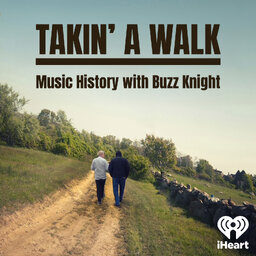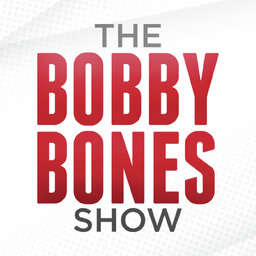Takin A Walk Celebrates Nirvana's MTV Unplugged.-Music History
The band Nirvana recorded an acoustic performance at Sony Music Studios in New York City on November 18. 1993 for the television series MTV Unplugged.
It was released November 1, 1994, and we celebrate this moment in music history with former Nirvana manager Danny Goldberg along with former MTV music executive Rob Barnett.
We also get the perspective of some Nirvana fans who were there for the event.
In 2 playlist(s)
Takin' A Walk - Music History with Buzz Knight
On the Takin’ A Walk-Music History Podcast, Buzz Knight goes deep with American music’s most iconic …Social links
Follow podcast
Recent clips
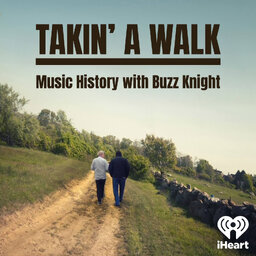
Join Buzz Knight and C. J. Chenier as They Explore the Rich Legacy of Clifton Chenier and Zydeco Music
23:25
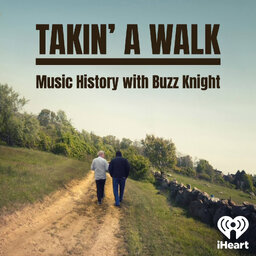
Kenny Wayne Shepherd-Music History on Foot with Buzz Knight Blues, Guitars and Inside Bob Dylan Stories-Replay
39:22
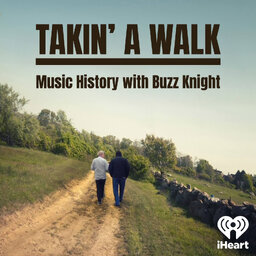
Weekly Music History-From Johnny Cash to The Rolling Stones-Music History on Foot.
11:49
 Takin' A Walk - Music History with Buzz Knight
Takin' A Walk - Music History with Buzz Knight